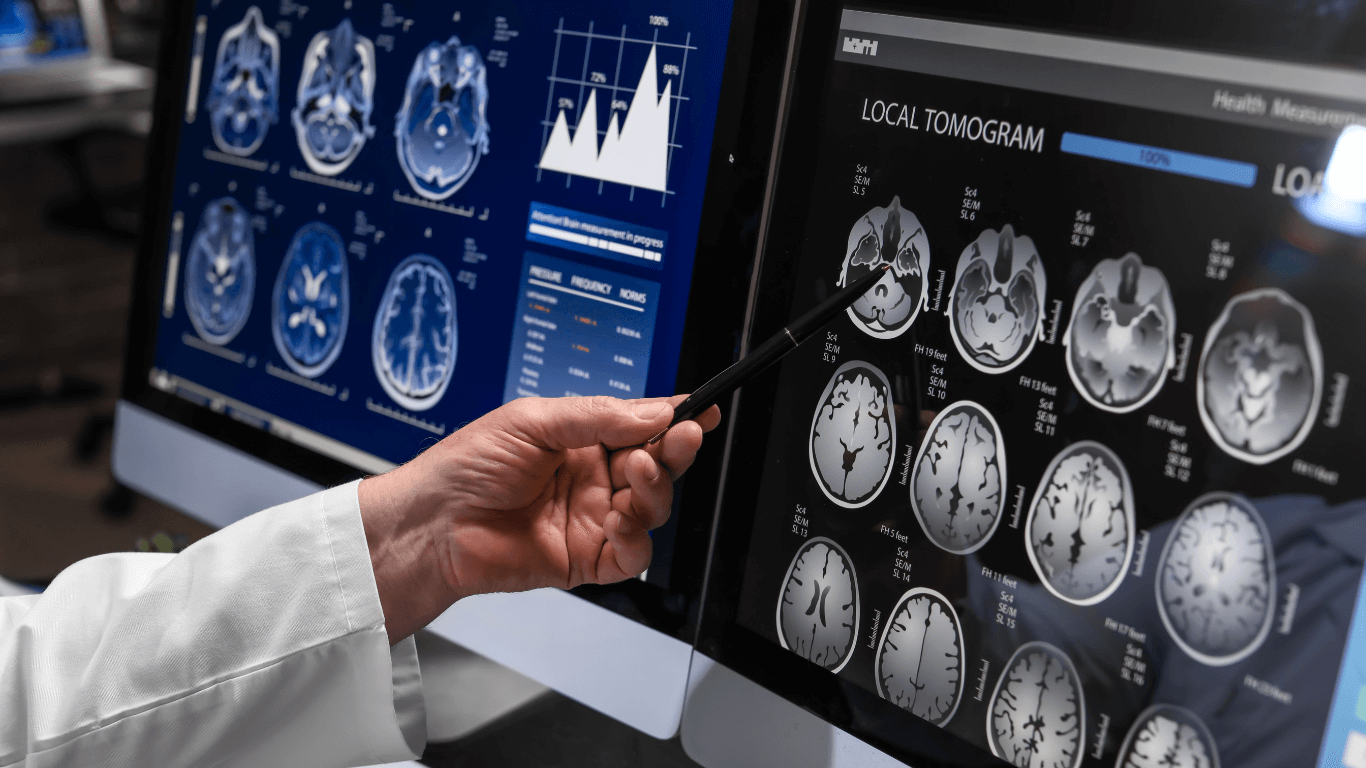The right to treatment with artificial intelligence and access to smart medical devices
by Mert Kaya
Potential challenges
In recent years, the development of artificial intelligence (AI) has made considerable progress, raising hopes of a new age of automation and optimization in medicine.
With the Digital Act (DigiG) coming into force on March 26, 2024, the German healthcare system is facing a significant change. This amendment to the law aims to improve the integration and use of digital healthcare applications and optimize their reimbursement mechanisms.
The rapid advances in the field of artificial intelligence (AI) promise a new era of automation and optimization in medicine. AI systems have the potential to analyze large and complex amounts of data and identify new patterns and correlations. This makes them particularly valuable for healthcare, from anamnesis and diagnosis to therapy.
The introduction of intelligent chatbots and apps offers patients constantly available access to medical help, for example to support psychological treatments.
The potential of AI is also evident in the field of medical aids: AI-supported exoskeletons can restore mobility to people with walking disabilities, while AI-based assistance systems can predict possible complications during surgical procedures, thereby improving surgical management and saving lives.
The analysis of medical images is another area of application in which AI systems are already outperforming humans. Doctors no longer have to spend hours examining MRI and CT images for cancerous tissue, as algorithms can now do this more efficiently and precisely. Given this potential, it is not surprising that patients are increasingly demanding treatment with AI.
The legal provisions of the DigiG take this development into account by facilitating access to intelligent medical devices and expanding their eligibility for reimbursement.
Is there a right to treatment with AI?
Despite the advantages of AI in medicine, the question arises as to whether patients have a right to treatment with AI. In Germany, access to healthcare is usually via GPs or specialists, the first point of contact for potential treatment with intelligent medical devices. A key issue here is the tension between the patient’s right to self-determination and the doctor’s freedom to provide treatment.
A treatment contract between doctor and patient forms the basis for every medical intervention. While patients have the right to decide on their treatment, they cannot demand a specific treatment method. Medical freedom of therapy protects doctors from having to use methods that they consider unsuitable. There is only an obligation to use new treatment methods if they are recognized as the medical standard
The integration of intelligent medical devices into statutory health insurance (SHI) depends heavily on their costs and medical benefits. The Federal Joint Committee (G-BA) plays a decisive role in the evaluation and approval of new examination and treatment methods. So far, however, there are only a few AI-supported applications that have been officially recognized.
A special legal framework exists for digital health applications (DiGA), which allows their use under certain conditions. The question of whether limited access to AI-supported treatments is unconstitutional remains open. The Federal Constitutional Court has derived fundamental rights that could oblige the state to guarantee access to necessary resources.
However, innovative technologies are not yet recognized as absolutely necessary for basic care. An exceptional case could exist if established treatment methods are lacking and an AI treatment offers a realistic chance of recovery.
The question of whether limited access to AI-assisted treatments is unconstitutional remains open. The Federal Constitutional Court has derived fundamental rights that could oblige the state to guarantee access to necessary resources. However, innovative technologies are not yet recognized as absolutely necessary for basic care. An exceptional case could exist if established treatment methods are lacking and an AI treatment offers a realistic chance of recovery.
Conclusion
Access to smart medical devices and the right to AI treatment are complex issues that pose technical, medical and legal challenges. While AI offers considerable potential in medicine, financial, regulatory and ethical hurdles still stand in the way of its widespread application. However, technological progress and social developments will play a decisive role in how these new technologies are integrated into healthcare in the future.



